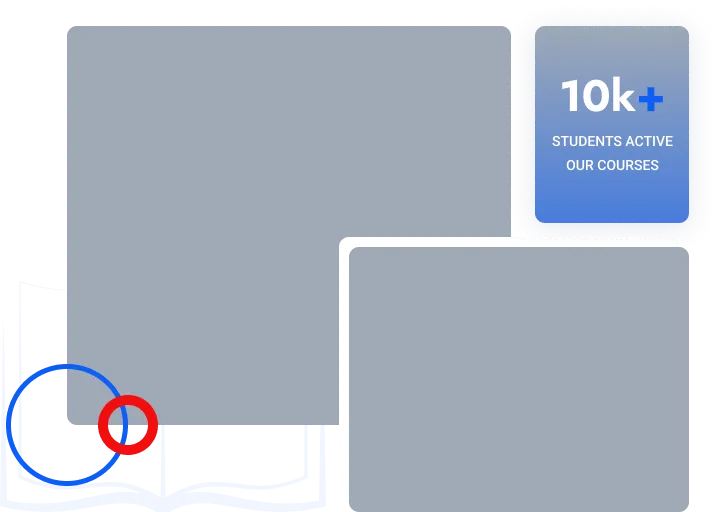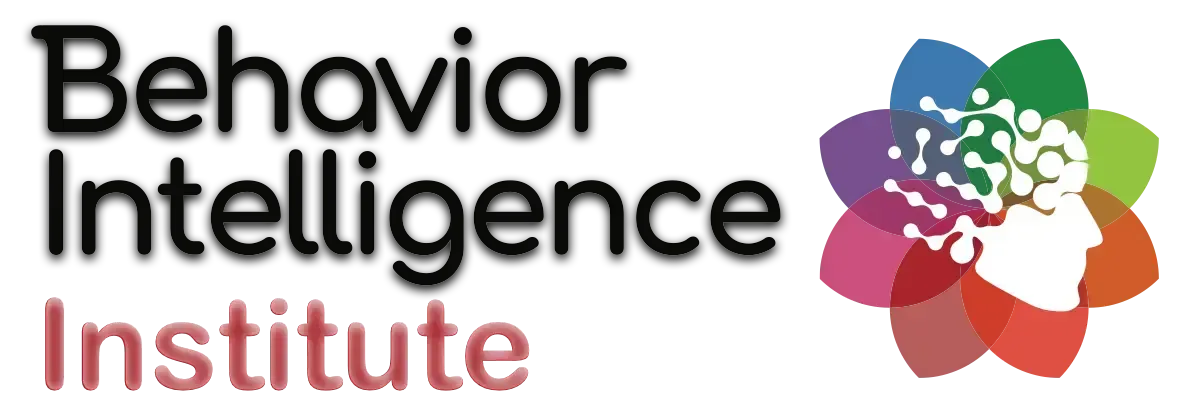Contact Us





Login/Register
Contact Us





Login/Register
Explore Categories

Leadership Program
5+ Programs

Coaching Programs
5+ Programs

Systems And AI
5+ Programs

Research Shows That
Coaching Directly Affecting Profitability

THE MOST SUCCESSFUL COACHING APPROACH:
Coaches work with senior managers and report back to leaders.

WHEN MANAGERS FEEL HEARD ...
They are more Involved, and feel able to Influence the outcome.

EMPOWERED MANAGERS ARE ...
Self-directed, Innovative problem solvers, and highly Engaged.

ML
Market Leadership
The ability to build a sustainable market leadership position.
B IQ
Behavior Intelligence
The ability to accurately explain, predict and influence team behaviors.
Biz IQ
Business Intelligence
The ability to achieve results, and sustainable profitable growth in business.
AccuMatch Behavior Intelligence
We make the complicated simple!
AccuMatch is a platform that provides coaches with an insight into Coaching Intelligence. It empowers coaches and leaders to predict and elicit positive actions = behaviors. The leading mission is to improve understanding and communications.
Nagui Bihelek is the research scientist, founder and CEO at the Behavior Intelligence Coaching and Leadership Academy has created a platform using psychology, artificial intelligence and a large collection of data, including a survey, (that solves a simple human problem) – The AccuMatch Behavioral Intelligence Assessment.
Taking the assessment allows you to map the unconscious habits in your neural networks (your brain). It exposes the behavioral patterns that are happening without your knowledge – blind spots!
AccuMatch Behavior Intelligence is a leadership and teams enabler for all industries. It rebuilds the culture of your business or company by dealing with:
Stress
Anxiety
Overwhelm
Procrastination
Confidence
Conflict
And begins to improve behaviors to get the best outcomes for the company like:
Teamwork
Collaboration
Accountability
Getting things done
As a result, the company has access to a proven science that makes the impossible possible. The ability to develop leadership and great teamwork that leads to great performance and great results.

Our Mission
Utilize behavior intelligence to help leaders and their teams consistently feel empowered, engaged, and self-directed in our increasingly digital, asynchronous and global working environments.
Important Facts:
COVID has forever changed the way we work.
Pre-COVID many companies were hesitant and somewhat skeptic about distributed workforce.
Today this new-norm comes with new challenges:
Leaders are recognizing that if they want true behavior change,
it needs to start at the top.
Forbes
Leaders are recognizing that if they want true behavior change,
it needs to start at the top.
World Health Organization estimates $1 trillion bill to deal with anxiety worldwide
80% of Companies struggle to figure out the best way to reduce stress due to physical isolation.
31,700,000 small businesses in the USA, accounting for 99% (<500)
81% have no employees, 19% (6M) have 20 - 499 paid employees
31% are non-operational post-pandemic
51% SMB owners are age 50 yrs + (70% are white men)
SMBs: Most likely to drive economic growth and innovation
Powerful story help “growing small businesses” (50 - 100 employees)
Deloitte
Leadership has changed significantly, post-pandemic
Leaders must intentionally act, respond, and rally teams differently
We must act quickly to take advantage of businesses that are switching to distributed workforces, opening up budget for “virtual team development”
The Behavior Intelligence Research Team.
The Intelligence To Transform

Leveraging "Fake it till you make it" for self-development.
"Fake it till you make it" - take two
In the realm of personal development and career advancement, the mantra "fake it till you make it" often elicits a range of responses. To some, it might seem like a questionable shortcut to success, while to others, it represents a valid tactic for self-improvement and growth. Your journey with this concept could be transformative, especially when you shift your perspective from seeing "faking it" as an act of deceit to viewing it as a method for reprogramming your own brain.

From an early age, everyone is on a learning curve, soaking up information and skills without fully understanding the reasons behind them. These initial lessons often lack personal significance, being imparted without any attached dreams or goals. Simon Sinek's idea of starting with "WHY?" underscores this gap, suggesting that without a personal stake or interest, learning can seem random and unengaging. Yet, when rewards are introduced, they act as a potent reinforcement, fostering a belief in your own capabilities.
This principle can become the foundation of your approach if you decide to tackle a skill that feels completely alien, such as programming. With no background or prior knowledge, this task might seem insurmountable. However, by choosing to adopt a mindset of self-belief and "faking" your confidence in your ability to learn programming, rewarding yourself for every attempt, no matter how minor, you can make a significant difference.
The act of self-reward is not merely about self-congratulation; it's a calculated strategy to reinforce your efforts. Each reward signals to your brain that progress is being made, affirming your capability. This method of self-encouragement can help you to persist through the inherent challenges and obstacles of learning something new. Over time, these rewards can reprogram your brain, turning your simulated belief in your abilities into genuine self-confidence.
Taking control of your learning journey is empowering. It demands that you be self-driven, pushing beyond the comfort zones of your existing knowledge and skills. The act of "faking it" transforms from pretending to be someone you're not to envisioning the person you want to become and taking tangible steps towards embodying that vision.
The transformation doesn't occur overnight. It's a gradual process of building your belief in yourself, one reward at a time. But as you continue to apply this approach, you might notice a significant shift in your mindset. The unknown no longer intimidates you; instead, you feel motivated by the challenge of mastering new skills.

For those looking to embark on a similar path of self-improvement, here are some steps to consider:
1. Identify a skill or goal you wish to achieve.
2. Begin with a mindset of self-belief, even if it requires "faking" it at first.
3. Reward yourself for every attempt, regardless of the outcome, to reinforce your efforts.
4. Persist through challenges, viewing each obstacle as an opportunity to learn and grow.
5. Reflect on your progress, recognizing how much you've achieved.
By adopting this strategy, you can reprogram your brain to believe in your abilities, turning "fake it till you make it" from a cliché into a potent tool for personal growth.
In conclusion, the journey of "faking it till you make it" is not about deception; it's about reprogramming your brain to cultivate genuine self-belief. By taking control of your learning process, rewarding yourself for your efforts, and persisting through challenges, you can transform your aspirations into accomplishments. Remember, the key to success is not the destination but the journey of self-discovery and improvement.
© 2023 BIQCoach. All rights reserved.


